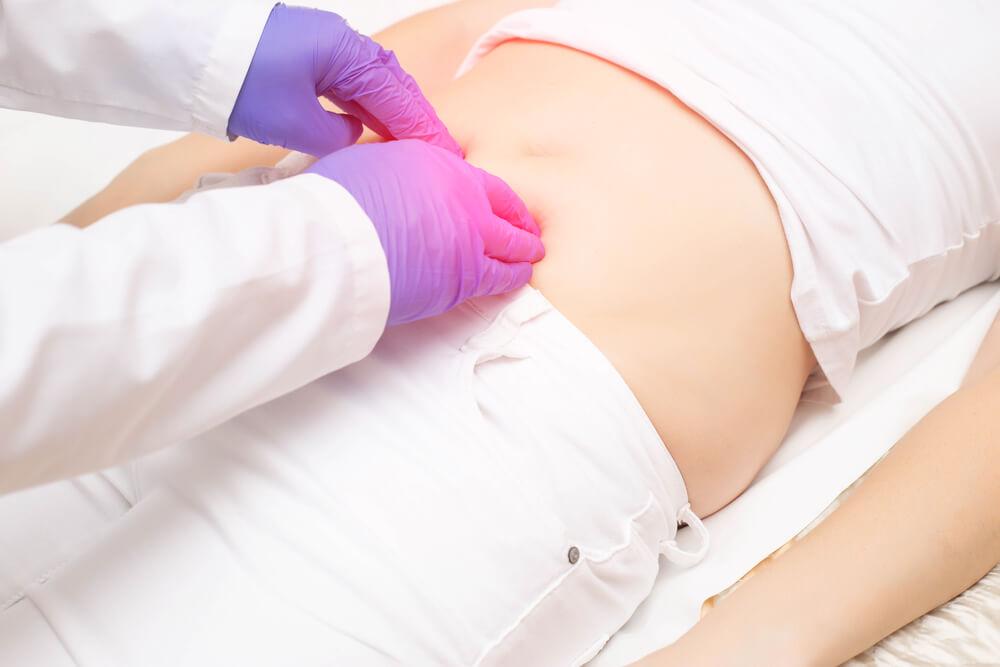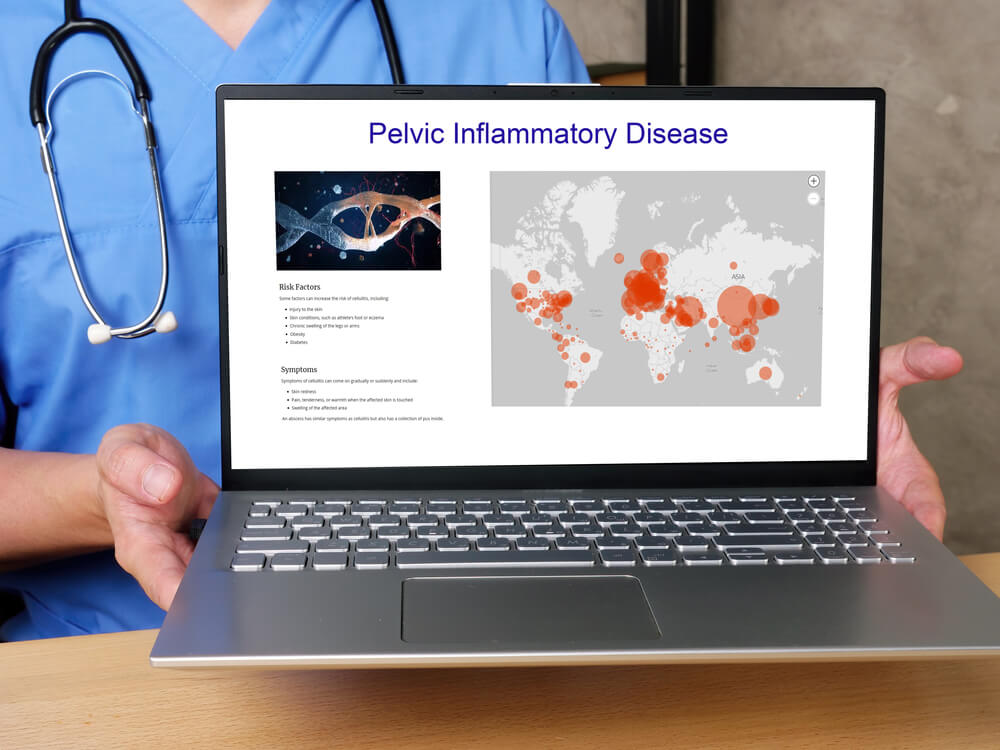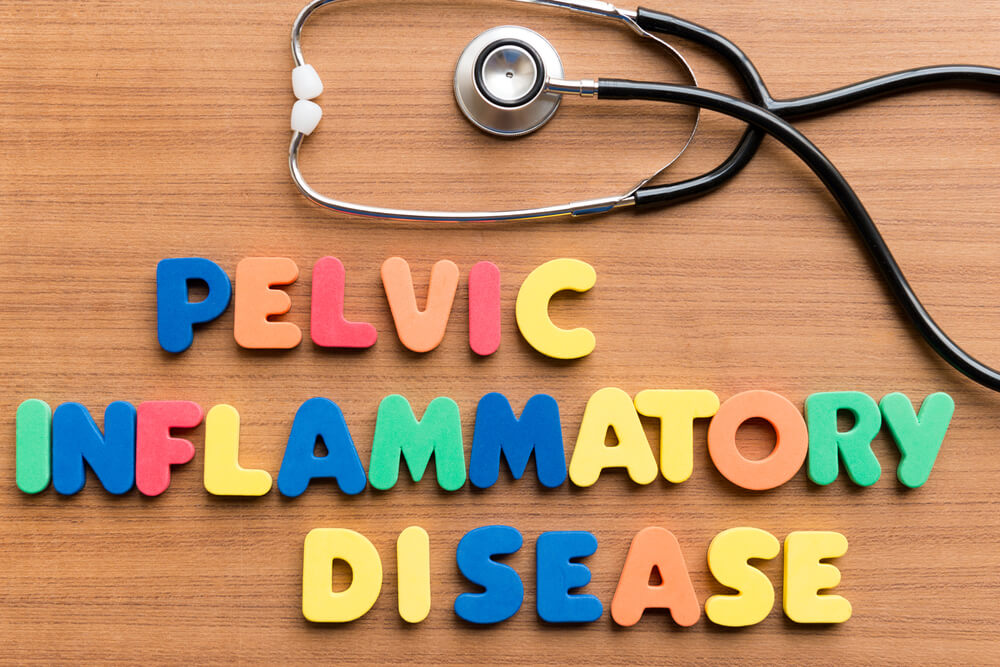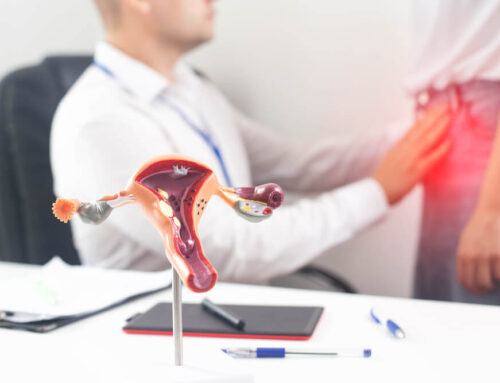Pelvic inflammatory disease, or PID, is an infection that occurs in women’s reproductive system. The most often affected organs are the uterus, fallopian tubes, cervix, and ovaries. PID can trigger different symptoms of different severity, ranging from pains in the lower abdomen to severe issues which can affect fertility levels in women.
Usually caused by sexually transmitted infections, including gonorrhea and chlamydia, where the bacteria spread from the vagina onwards, the pelvic inflammatory disease is found in over 750,000 women each year in the United States.
Symptoms are most often not severe in the context of pain or other issues, so many women do not even realize they have PID. When patients develop chronic pelvic pain or have issues becoming pregnant, that is when doctors might suspect that the person suffers from pelvic inflammatory disease.
Different pelvic pain specialists in Boca Raton & Boynton are working on issues such as PID, chronic pelvic pain, and alike. Still, it is essential to know what type of service is suitable for your particular needs. Women’s Health Partners is definitely a place that is worth visiting if you are looking for high-quality service and fantastic patient care.
PID Symptoms

As mentioned, sometimes the PID symptoms are not evident or very mild. It is difficult to trace such symptoms and find the reason for their occurrence. When the signs are visible and present, they include:
- Pains in the lower abdomen (different intensity)
- Pelvic pain
- Unusual discharge from the vagina and strange odor
- Heavier bleeding during the period
- Unusual bleeding between periods
- Bleeding during sexual intercourse
- Pain during sex
- Fever
- Pain or discomfort during urination
- Frequent urination
- Urge to vomit
- A sense of fainting
Some of the symptoms are milder or stronger, but in case you start feeling them continuously it is crucial to contact your chosen doctor and discuss the diagnosis and the potential ways of treatment.
Prevention of PID
As it is known, PID is caused by sexually transmitted infections, where the bacteria spread from the vagina to other organs previously mentioned. By treating STIs in a timely fashion, you can stop pelvic inflammatory disease from occurring and developing. STIs most often have similar symptoms to PID, so make sure that you take all necessary steps when the symptoms start occurring to lower the chances of getting a PID.
Although in the majority of cases, pelvic inflammatory disease is caused by STIs from unprotected sexual intercourse, there are some cases when the bacteria enter the reproductive system through other means, such as menstruation, childbirth, abortion, miscarriage, or during an IUD insertion. In these cases, the only way of prevention is special attention to hygiene from the medical professional during procedures.
What Makes Me Susceptible to PID?
Different factors are considered risky and may increase the possibility of developing a pelvic inflammatory disease, such as:
- Sexual activity in women who have 25 years or less
- Having different sexual partners at the same time
- Having relations with someone who has relations with multiple partners
- Having unprotected sex
- The process of douching, which often occurs, where the levels of good and harmful bacteria are disturbed
- Previous PID or STIs
- Insertion of IUD (intrauterine device)
Diagnosis
When you start noticing the abovementioned symptoms, it is crucial to schedule a consultation with your chosen physician. During the consultation, the doctor will want to know your sexual intercourse history and any previous issues with your reproductive health. They may potentially ask you some other general health questions.
Afterward, the medical professional will perform a pelvic examination and check for any tenderness in the womb, the cervix, or other surrounding organs. Also, during the examination, the doctors usually look for fluids in the vagina or the cervix, check your temperature, and recommend additional tests if need be.
If the doctor suspects that you might suffer from an STI, they will check the sample of fluids using a microscope and send samples to be checked for STIs such as chlamydia and gonorrhea. Tests that might be advised to the patient to do afterward are blood tests to ensure that there are no STIs and an ultrasound of the internal organs.
After all the results are in and the diagnosis is PID, the doctor will advise the patient on all potential pelvic inflammatory disease treatments in accordance with the severity of the situation.
Pelvic Inflammatory Disease Treatment
Usually, PID is treated with antibiotics given to you by your chosen medical professional. There is a variety of antibiotics that are given to patients to treat PID, and most often, the course of treatment lasts for two weeks. It is of the utmost importance to finish the whole course of medication, even though you might feel better in the middle of the process.
The antibiotics should make your symptoms better after three days and if this is not the case, then consult your doctor once more because they are not helpful to you.
As PID is caused by STIs, it is essential to also talk to your sexual partner about protection and care to avoid reinfection. Although no symptoms are showing, both partners must get tested regularly.
It is highly recommended to avoid sexual intercourse until the treatment course is done and you have no more symptoms of any kind.
Sometimes, but rarely, patients are admitted to the hospital for treatment of pelvic inflammatory disease. In the following cases, you might need to be hospitalized:
- When the antibiotics are not working, the doctors need to perform more in-depth tests.
- When the antibiotics need to be given intravenously because there are issues with taking them through the mouth.
- When you have a condition called “tubo-ovarian abscess,” which occurs when the infected fluids fill up parts of the ovaries or fallopian tubes and drainage is needed.
- When you continuously have the urge to vomit, have a high fever.
Complications

When a person does not treat PID, this can result in the creation of abscesses in the reproductive system, which can cause severe damage to the organs. Some of the potential complications are:
- Infertility which can also be caused by getting PID multiple times and by delays in treatment
- Chronic pelvic pain which can last for years and cause scarring in other pelvic organs
- Tubo-ovarian abscess which, as mentioned, affects the fallopian tubes and ovaries and can lead to infections that can be life-threatening
- Ectopic pregnancy which is very often caused by PID because of the scar tissue developed in the fallopian tubes due to pelvic inflammatory disease
Schedule a Consultation!
Your reproductive health must be your priority, so our center has made sure that all your needs are met when you come to visit us. Schedule a consult with our expert team to ensure that you promptly take care of your health. Pelvic inflammatory disease can cause severe damage, so diagnose and treat it promptly. Call us!





